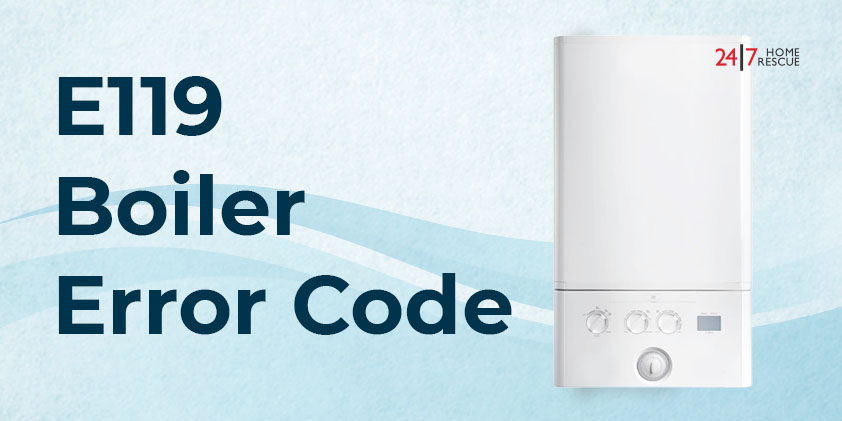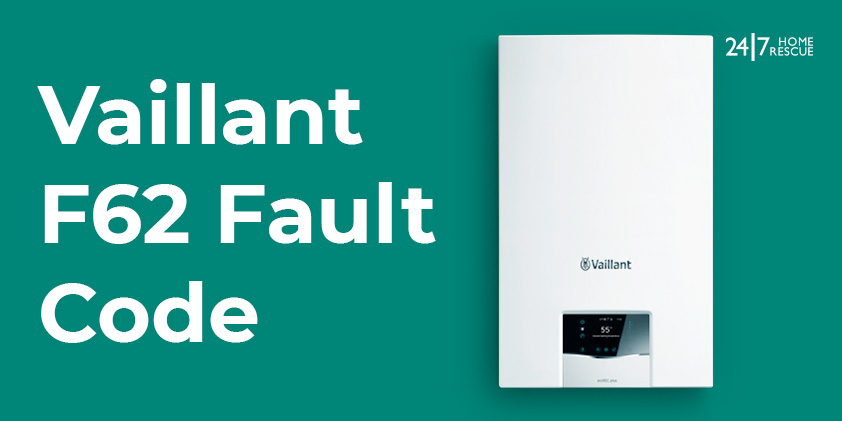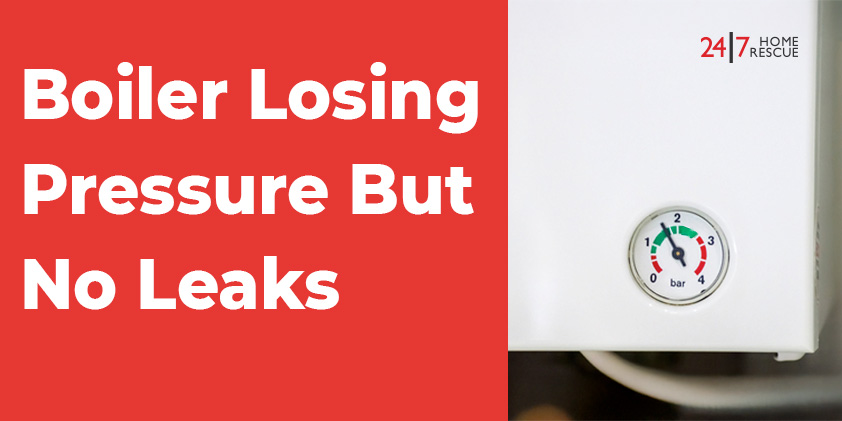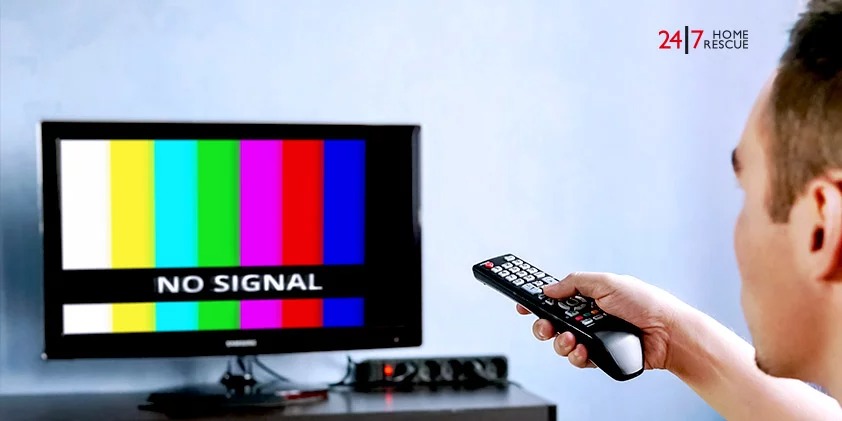
What is Part P and what does it mean for my electrical repairs?
If you’re looking for emergency electrical work, then you might have heard about Part P. This regulation is incredibly important to our home emergency cover team; all electrical work performed by our contractors must conform with Part P. But what is Part P electrical safety requirement, and what do the regulations entail?
Part P forms part of the Building Regulations and was introduced by the government on January 1st, 2005. It covers electrical repairs and electrical work in England and Wales, and applies to electrical works in or attached to residences, in the common parts of communal residences such as flats (but not the power supply to lifts), and in buildings, gardens, or other land that receive their electricity from dwellings or sources shared with dwellings.
The aim of Part P of the Building Regulations is to improve the health and safety of people in England and Wales and to eliminate the risk of fire, electrocution, and other injuries electrical work poses.
Part P requirements
All work to which Part P applies must conform to UK standard BS 7671:2008 “Requirements for Electrical Installations.” It must be completed by electricians who are registered with government-approved schemes. After work has been completed, electricians must provide residents with a compliance certificate and an electrical safety certificate to confirm that the work conforms to Part P.
These building regulations also add duties on homeowners who wish to perform electrical work themselves. People may only undertake electrical work if they can inspect it and perform safety checks on it. Members of the public who wish to perform any work that is covered by Part P must tell the building control office before they begin working and may have to pay a fee so a specialist can examine and test the work.
What work does not come under Part P?
Part P regulations do not apply to some electrical work; although most electrical home emergency cover claims are covered by these building regulations, there are some smaller and less dangerous domestic energy jobs that are considered ‘non-notifiable’.
These are:
- upgrading or installing supplementary or main equitopotential bonding earthing, although this work may have to conform with other regulations, such as gas safety regulations.
- Replacing ceiling roses, control switches, socket outlets, and other accessories
- Replacing damaged single-circuit cables
- Adding mechanical protection to fixed installations
- Replacing or repairing existing installation components’ enclosures
- Electrical work involving the installation of light fittings and switches to existing circuits, or the addition of fused spurs and socket outlets to existing radial or ring circuits, but only if the work is not performed in a bathroom, kitchen, garden, or other special “high-risk” location and does not require a special installation.
When completing this minor work, installers must merely ensure that they follow and adhere to the manufacturer’s instructions and complete the work in a safe manner.
If you’re looking for an accredited and registered electrician to perform your electrical work, why not sign up for a home emergency cover service plan with 247 Home Rescue? To find out more, please contact us.
Got an electrical emergency?
Don’t attempt to make any changes to your electrical system if you are unsure or not confident. Some electrical work in the home requires compliance with Part P building control and needs to be done in accordance with BS 7671 wiring regulations. Don’t forget: electricity is very dangerous and can kill you.
At 24|7 Home Rescue, we aim to keep our blogs accurate and helpful at the time of publication. However, details such as images, services, or product information may change. Content is for general information only and not professional advice. For the latest updates, please review our Terms & Conditions or contact us directly. 24|7 Home Rescue accepts no liability for actions based on outdated or incomplete content. Our team is always happy to help with any questions.











